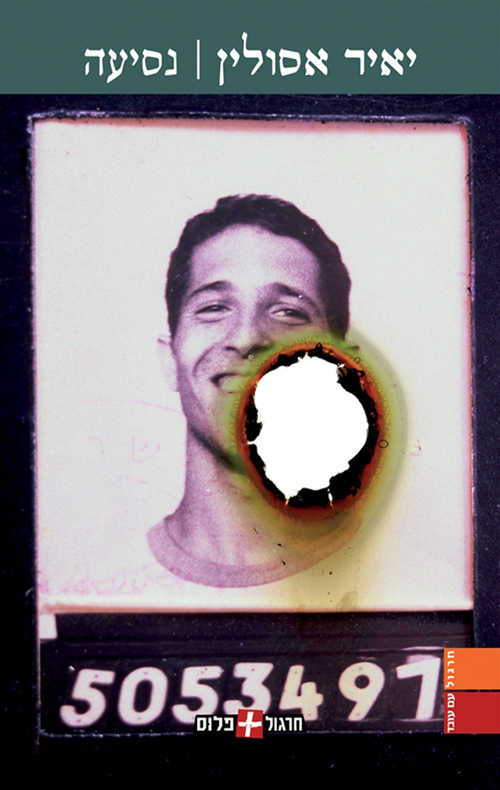
The Drive
The drive portrayed in this novel is one that some of us are familiar with, and that others may tend to make light of: A young soldier is traveling from his base to meet a military mental health officer. It soon transpires that this is also a journey to the far reaches of the mind, to the depths of Israeli society, and perhaps also to truth and salvation. The soldier is from an Orthodox-Jewish-nationalist family, for whom the idea of shirking duty is unacceptable. Accompanying him on the journey is his father, for whom the words ‘mental health’, when associated with his son, attest to a failure from which there may not be a recovery. The drive becomes charged with ever more significance, skidding at times into jolting emotional storms, revealing rifts between romantic, religious longings and family and political dilemmas, and shifting back and forth between despair and fear of death on the one hand and breathtaking beauty on the other.

-
““The Drive represents a new landmark in Israeli fiction … Israel’s own The Catcher in the Rye, its narrator—like Holden Caulfield—a too-sensitive young man on the verge of a nervous breakdown. Like Holden, he has a nose for phoniness and can see through the false bravado and cruelty of Israel’s military infrastructure. And, like Salinger’s novel, The Drive reveals the fault lines in a national narrative … Assulin delivers powerfully.””
-
“Assulin lays bare the emotional distress of a person, any person, and the world’s inability to understand it except by means of mechanical categories from the field of psychiatry.”
-
“This work on the fragility of the human spirit is touching.”
-
“Assulin's hero, like Joseph Heller's Yossarian in Catch-22, is a young man struggling to make sense of the world and himself amid the surreal madness of war.”
